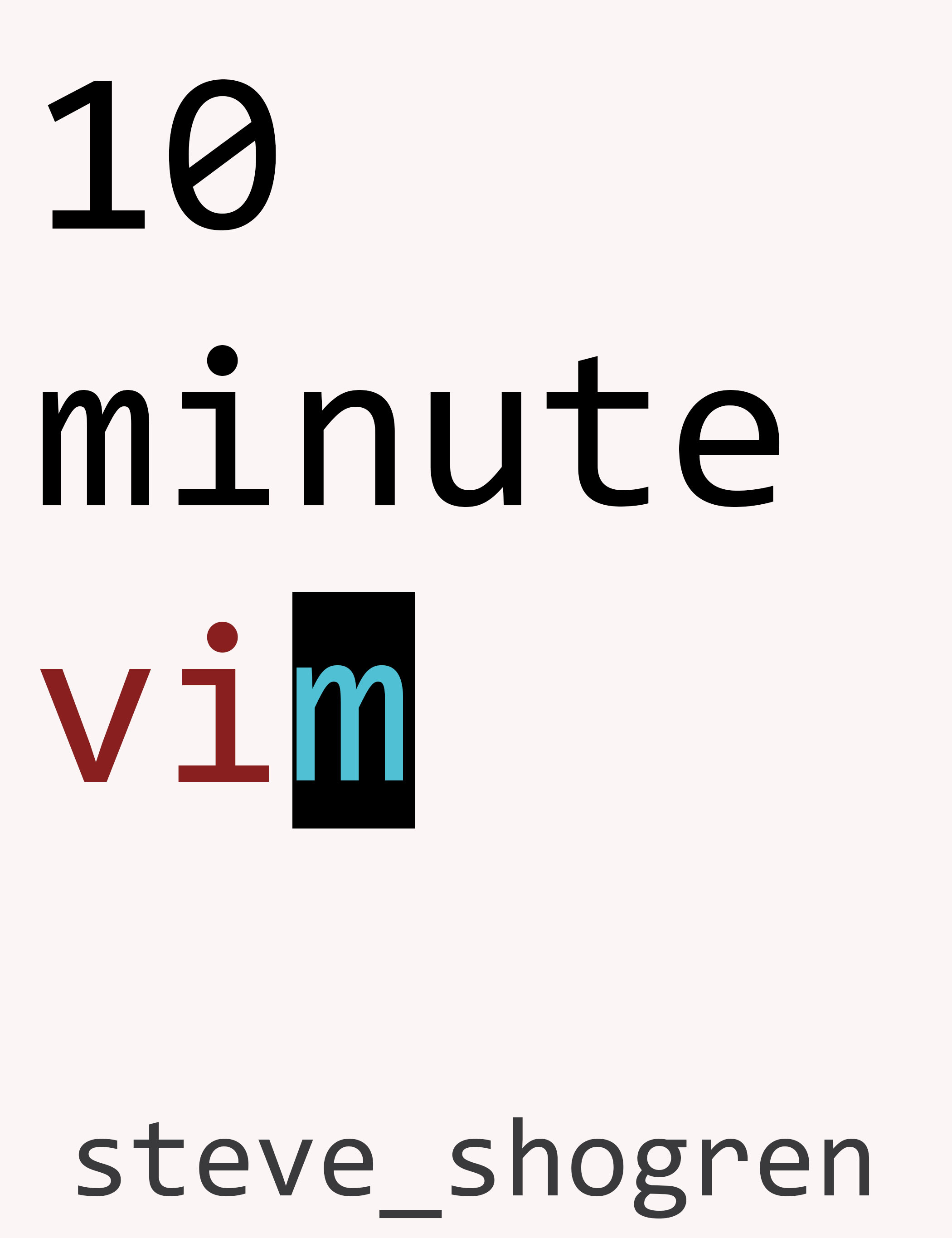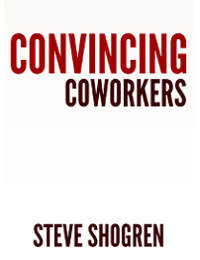A couple years ago, a coworker told me a success story about mindful meditation. He explained how his wife took a class that required an hour of daily meditation for a whole month. He reported that she found it uncomfortable, but the effects were astounding. She claimed to feel more relaxed, more focused, and more “herself”. She found new reserves of motivation. She dropped the book she’d been trying to write for years, and started a business. After that business failed, she started another, this time successfully.
Immediately convinced, I started by listening to guided mindfulness meditations on YouTube and phone apps. After a couple weeks of that, I started doing breathing exercises on my own while sitting listening to rain sounds. I made a habit of doing it for about an hour every day on my lunch break. A few months later, I hated it.
For whatever reason, after each session I would feel very uncomfortable. I would be confronted with emotions that made me feel worthless and embarrassed. My mind was bringing forward all these painful memories and feelings. Over time, I started to dread the lunch break.
The Revelation
Then, one day, I had a profound sense of understanding. I realized what was causing these negative emotions. I was in the middle of a major push to guide our team to adopt a new programming language. While I’d led many such initiatives before, I saw that I’d always had the same struggles. My ego and self-worth were so tied into “my” campaigns that I wasn’t able to clearly hear criticism. When people pointed out legitimate concerns or weaknesses, I would get embarrassed and take it as a personal failure.
I could see, from the very beginning, my current “campaign” had been poorly executed. After researching the new technology for a long time, I felt like I saw a place where it could solve some of our needs. Instead of carefully writing out a proposal, I “half-jokingly” brought it up whenever I could. When the listeners didn’t immediately react positively, I quickly retracted the idea, “just kidding”. Over weeks I dropped not-so-subtle hints, “this would be better with…", or, “we wouldn’t have this problem if…". Instead of convincing anyone of anything, I just broadcasted to everyone how insecure I felt about the issue. Everyone could clearly see that I cared, but I was too afraid to put myself out there and make a serious suggestion. For months nothing changed, and I felt more and more bitter that “my idea” wasn’t being listened to. In reality, I hadn’t even made a serious suggestion yet!
Eventually, the people around me started to listen and research the new language. They agreed it really did solve a need we had. After a while, enough people got on board that we started using it more. Even then, I held tightly to “my idea”, afraid that it would prove to be a failure. When someone ran into issues, I would get defensive. Even though I tried to keep my emotions in check, I clearly took any criticism of the language as if it was a personal failing, no matter how legitimate. I’d tightly coupled my ego to my ideas, and I always had.
After a few months of meditating, this idea rocked my world. My negative emotions came from a realization that my actions were not in line with my values. I don’t want my self-worth to be tied to a simple tool. No tool is worth it. Every tool fails. I’d sold myself short, lowered my self-worth to that of a tool. This completely blocked my ability to be an effective technical leader.
I couldn’t hear criticism of my ideas without getting defensive, so I couldn’t think critically. I couldn’t help work out solutions to the best of my ability, because that would mean admitting personal failure. Every side comment or momentary struggle felt like a catastrophe.
After realizing this, I felt a wave of relief. My emotional struggle leading this programming language change made sense! And I had an easy way out! I simply had to distance myself from my ideas, separate my self-worth from my tools. The more I meditated, the easier it got.
Present Day
While I still sometimes get the old pang of embarrassment or defensiveness, now I understand where it comes from, and how to move forward. I can let my ideas go. I can consider ideas critically. I can make changes and adjustments if the ideas are not working.
This summer I decided to write up my learning. I wanted to always be able to look back and remember these important lessons. My write-up was the seed for the book Convincing Coworkers. I explain the lessons learned from implementing a half dozen major technical changes, and how I learned to lead without letting my ego cloud my thinking.
If you want to become a more effective leader, I highly recommend a practice of daily meditation. Meditation gives your mind a chance to deeply consider your actions and values. It allows your subconscious to reflect on what and why you act.
Not everyone will struggle from the same issues as me. Every leader has a different set of challenges and situations. Meditation lets your mind analyze your unique weaknesses and strengths, coming up with a tailored perspective. Meditating allows your mind to creatively look for ways to improve itself. While rarely comfortable, this process can have incredible benefits.
Appendix: “I’m uncomfortable with the connotations of meditation”
You may feel uncomfortable with meditation because of its current strong associations with religion. Meditation is not inherently religious. I consider meditation like an exercise routine for the mind. If you are religious, and exercise your body as a form of religious expression, exercise is a religious practice. If you are not religious, and you exercise to improve your health and well-being, exercise is a secular practice. Meditation is just a form of mental exercise. Simple as that.
Meditation is a tool, and the tool wielder determines its use. Don’t let a fear of the connotations of meditation stop you from experiencing improved leadership, creativity, and focus!

